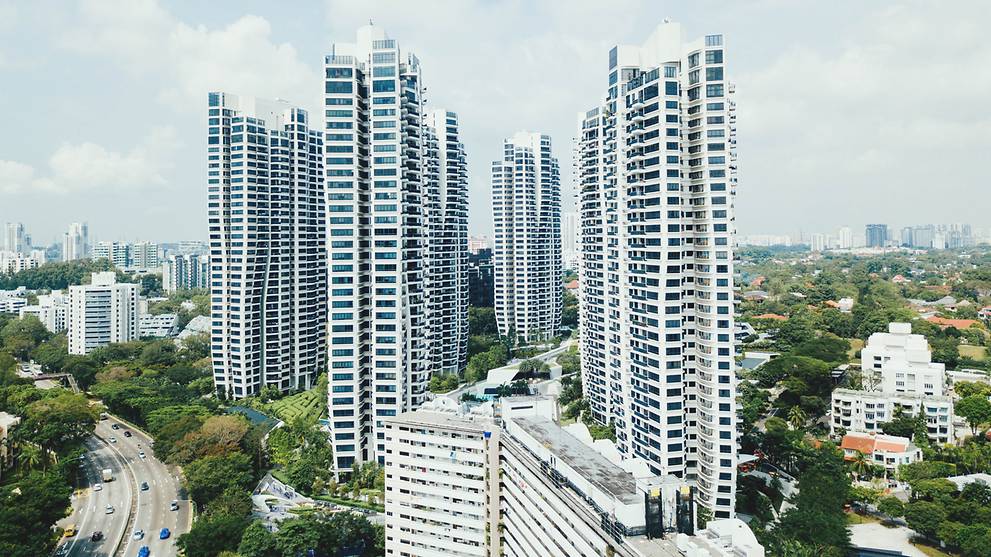
SINGAPORE: Following the introduction of cooling measures last year, Singapore’s property market is now "more sober" with early signs of slower price increases and lower transaction volumes.
This was according to Mr Ravi Menon, managing director of the Monetary Authority of Singapore (MAS), who added that the measures still need time to work their way through.
AdvertisementAdvertisementHe was speaking at the press conference of the central bank’s annual report released on Thursday (Jun 27).
"We only just changed policy last year (so) allow this to work its way through," said Mr Menon, in response to a question about whether the Government would consider relaxing the cooling measures introduced last year to the property market.
“We’ve not seen any impending risks of a sharp selloff or collapse, and there seems to be good balance that’s holding up the market," he added. "So I don’t see a need to shift gears significantly."
[h=3]READ: Singapore reviewing 2019 GDP forecast range amid weaker growth expectations[/h] AdvertisementAdvertisementLast July, the Government unexpectedly announced that it was raising the Additional Buyer's Stamp Duty rates and tightening loan-to-value (LTV) limits on residential property purchases.
These were macroprudential measures aimed at cooling a property market "that was showing early signs of potential over-heating", said Mr Menon.
Citing the 9 per cent surge in private residential prices between the third quarter of 2017 and the second quarter of 2018, he said there was a real possibility that property price increases would once again run ahead of economic fundamentals, as they did in the lead-up to 2013.
“If a renewed property bubble were to form, it would risk a destabilising correction later that would hurt households, businesses, and the banks. This risk was especially pertinent, given the strong pipeline of private housing supply coming on stream over the next few years,” he added.
As such, authorities decided to "act early and decisively to restrain the property market" and since then, the measures have helped to moderate the property market cycle.
[h=3]READ: MAS net profit more than triples to S$19.2 billion on investment gains, currency effects[/h]Since the end of the second quarter last year, private residential price increases have eased significantly and average transaction volumes have fallen by 30 per cent.
Bids for land tenders, in both the en-bloc sale and Government Land Sale markets, have also become "sober", said the central bank chief.
But Mr Menon stressed that the Government’s aim is not to depress property prices. Authorities also do not have a target rate of increase for property prices, nor can it manage the cycle too tightly.
Nevertheless, the Government has a role to help ensure that price movements are broadly consistent with economic fundamentals.
"In an economy that is growing in nominal terms at 3 to 5 per cent, it is not sustainable to have property prices increasing at double digits," he said.
Mr Menon stressed that the Government will continue to monitor the property market closely and stands ready to help ensure a healthy and sustainable market.
Let's block ads! (Why?)
More...


